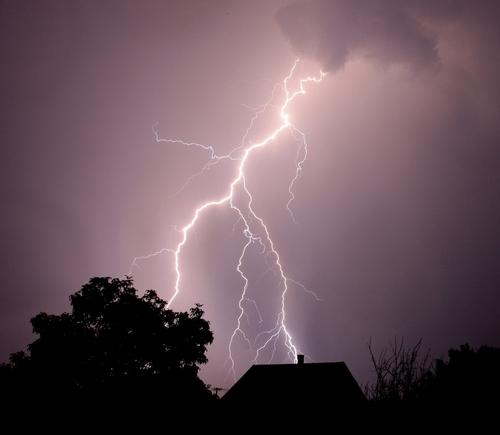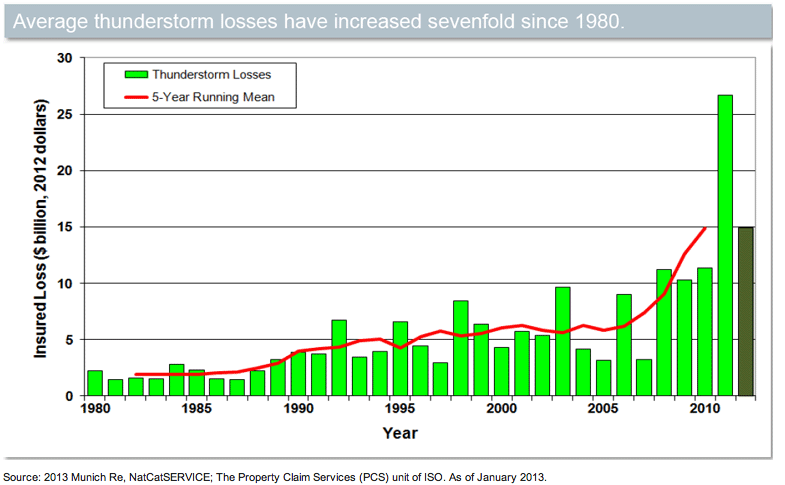A mammoth fertilizer plant explosion late last night leveled much of a town called West in Texas. Reports list at least five and up to 15 dead and more than 160 injured. Several blocks of the small town near Waco have been wiped off the map by a blast that registered on the Richter scale. “Homes have been destroyed. Part of that community is gone,” said Sgt. William Patrick Swanton, a local police officer, at a press conference.
One small girl explained the catastrophe as “a rock fell on the city.” Windows were blown out in houses miles away. Patients in critical condition have been airlifted to local hospitals.
The death, injuries and physical destruction (detailed here) are heinous. Listening to the child in the video account of the initial explosion, shown above, is heartbreaking. (More on that family here.) The area has been permanently altered by unthinkable devastation.
As more details emerge, we will know more about how and why this disaster happened.
Perhaps there are lessons to be learned, safety protocols to debate.
Until then, read how Zac Crain, who grew up in West, humanized a tragedy that comes far too soon after the attack on Boston that emotionally crippled the nation.
Crain wrote the following for Frontburner, a Dallas-focused website.
The fertilizer plant was about 100 yards from my old house — which may or may not still be standing. I could see it, and smell it, every day I was there. I played basketball in the park across the railroad tracks from it. The school that was partially destroyed was my middle school. I had a fight with a kid in the apartment building that was demolished; we later became friends and he showed me his uncle’s collection of throwing stars. My great-grandmother lived out her last days in the rest home behind that apartment building. The head of emergency services, Dr. George Smith, was my doctor. My friend Mike Lednicky’s parents’ house is gone. A lot of houses are gone. The explosion was the equivalent of a 2.1 earthquake, and it spit fire.
West is in my bones, no matter what. My dad was the superintendent of schools for West ISD for a long time. (He and my mom moved to Waco a few years ago.) My grandmother helped start Westfest, and we had a booth there for a number of years, selling beer bread sandwiches. I could map the entire town from memory. So it means a lot to me, maybe more than I realized. And it means at least a little bit to you. Every single one of you stops at Czech Stop for kolaches whenever you’re going to Austin or wherever, so keep that in mind when it comes to blood donations and everything else.
I stopped in West on the way home from Austin a few weeks ago. My friend Bob wanted kolaches. The last time I was really there was in September, for my high school reunion. I took a long look around my old neighborhood, in the shadow of the fertilizer plant. I’m glad I did, because it’s mostly gone now, and whatever’s left will never be the same. Miluji tě, friends. Stay strong. Sorry this was so rambling.
The only thing wrong with this passage is the apology at the end.
Tomorrow, I, like many East Coasters, will be boarding a plane to Los Angeles for the annual RIMS Conference. This year, after beginning a week with a tragedy so, literally, close to home in Boston, I will certainly be leaving part of my heart in West as I fly that way.




